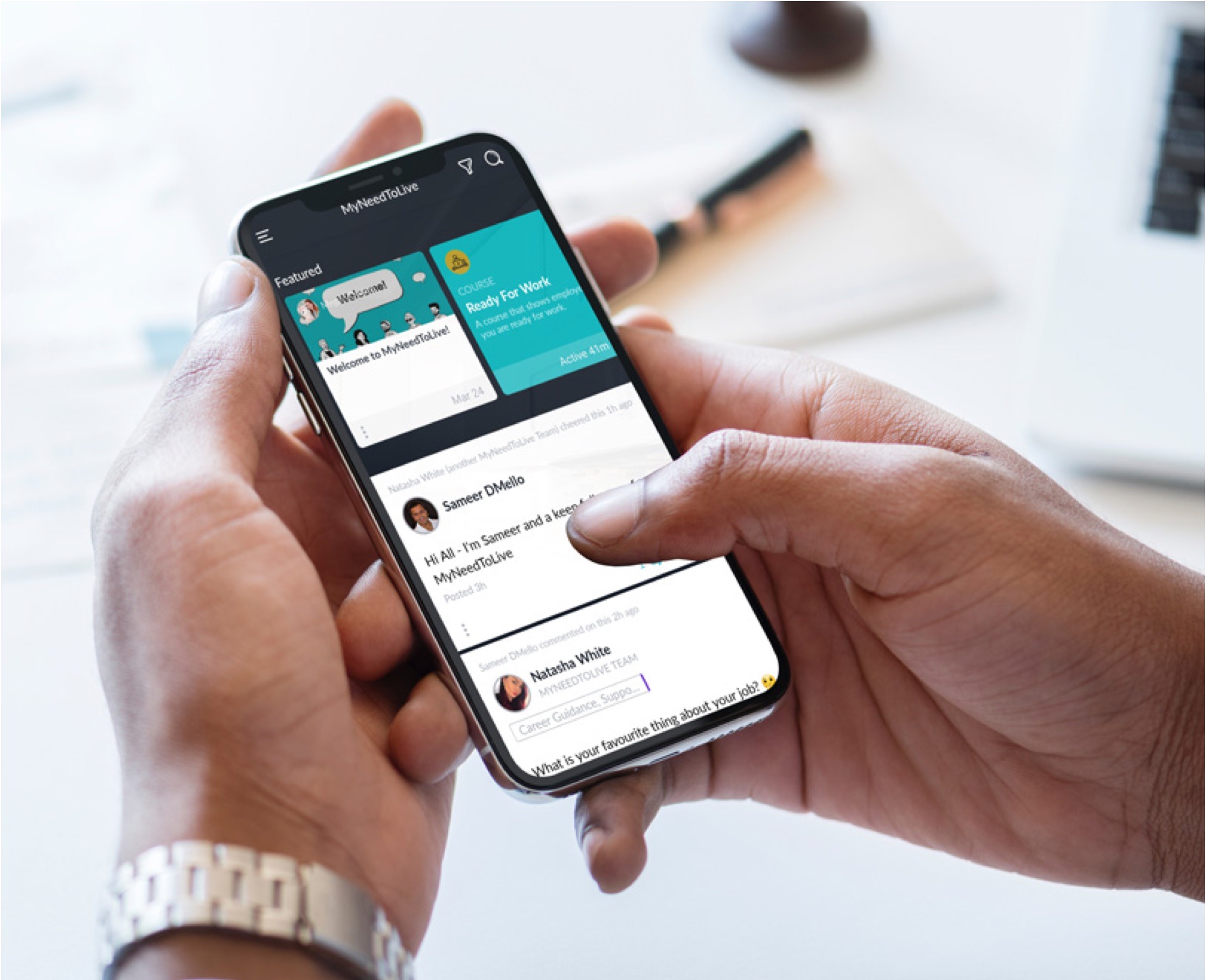One thing I always hear when I advocate for veganism as someone who has had a past of an eating disorder, is that it must be a means of control and food avoidance, and that you can’t recover as a vegan (which I will touch upon further in upcoming blog post).First we need to look at what is considered a mental illness?
4 “D’s”- These operate on a spectrum. It isn’t “you either have it or not”, but “you have some signs of this severely while some signs of this slightly”
Must be severe enough to impair “normal” function
Important to look for across life domains.
The extent to which the issue distresses (extreme anxiety, fear, pain) the individual
Related to dysfunction, but someone might experience this without feeling distressed.
Harmful to (1) self and/or (2) others
Looking at these “Criteria” does someone who is or is starting to live a vegan lifestyle display these? For most, probably not.
BUT, there could be some that do. This might lead to various mental illness like eating disorders (might have started eating plant based to “lose weight” and do this unhealthfully), social anxiety disorders (might be afraid to eat or be out with others due to being “not normal”), etc.
Anecdotal experience
Look at me, I have/still are working through a mental dilemma.
It is getting better. WHY IS IT GETTING BETTER? Well I have opened doors my eating disorder,had me believe we’re closed forever,and ultimately I know that every bite of food strengthens me to strengthen me to be a voice for the animals,as they do have a voice,but we shut their pleas out,and don’t want to believe we are part of a society who does this to sentient beings.
From our conversations,i now also have a deeper purpose in my life.
Being an activist has also allowed me to be part of community which is important for any human being. It has also allowed me to step outside my comfort zone, sometimes failing while other times succeeded, but ultimately leading to a “better” Tommy! All of these things (and probably many more!) have helped me move towards a healthy mind…along with many other general wellness strategies.
-Becoming Vegan is Restricing ????
Most people eat similar things their entire life. A main protein (usually animal flesh), and one or two sides of veggies (if that!!).
There is little variety in how they eat. “Giving up” animal products isn’t really that much: animal flesh, dairy (yogurt, ice cream, milk, cheese, butter), other “invisible products” (gelatin, L-cysteine, casein, whey, etc.).
First, most of these things that are “given up” are easily replaced with plant-based options!
Follow your heart vegan egg,Beyond Meats,Vitalite butter and supermarket brand soya butters,ASDA,sainsbury’s,Tesco vegan cheese,Ben and Jerry’s ice cream,magnum ice cream,owned plant-based meat products,alpro,almond,cashew,soya,hazelnut,hemp,and oatly oat milk,and any version of food you eat now without the cruelty involved and detriment to your health and the planet.
Second, by “reducing” what you eat, usually you seek out other options! So many recipes call for interesting and new ingredients- millet, quinoa, barley, farro, brazil nuts, pine nuts,jackfruit,banana blossom,leeks, dates, etc.
Personally, I’ve started to eat so many different foods.
To be honest, I’m not sure if this is totally due to being Vegan or just shopping at “health food stores” which tend to have more options.
What I do know is that many plant-based doctors recommend eating ENOUGH and VARIETY! That means that I make it a goal to eat a few different meals a week and rotate them throughout the month.
What do you think,have you had any experience good or bad,I’d love to hear from you,and I’m here to support you.
Keep fighting and remember-Binge on life,purge negativity,starve guilty feelings.????
(Thanks go to vegan education centre for my ongoing learning)
Whether you want to grow your skills, get picked up by an employer who needs your specific knowledge, earn more qualifications for your CV, or some combination of the three, the My Need to Live community is here to support you.
Join the platform 01 March 2023
01 March 2023
 30 October 2022
30 October 2022

The My Need to Live Support Directory is a resource created by us to help 16 – 24 year olds find the help, support, organisation or practitioner you need to help them with their wellbeing when they need it.
Support directory
Tommy Kelly